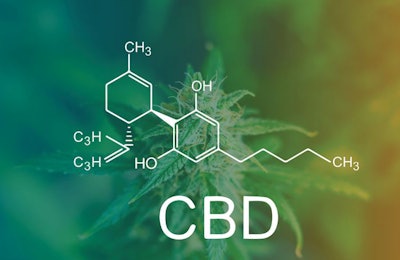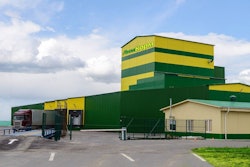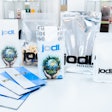
U.S. Food and Drug Administration officials warned 15 companies,13 of which produce pet products, that they allegedly illegally sold pet and human products containing cannabidiol (CBD) in ways that violate the Federal Food, Drug, and Cosmetic Act (FD&C Act). On November 25, the FDA publicized that it sent warning letters to the 15 companies. At the same time, the agency announced that it would not classify CBD as generally recognized as safe (GRAS), which would have allowed the ingredient to be used in foods based on historical human and animal use. The agency stated that it lacked sufficient empirical evidence supporting the safety of CBD consumption.
FDA revised Consumer Update related to CBD in pet and human products
The federal agency revised its Consumer Update detailing for consumers the agency’s safety concerns about CBD products, including potential liver injury, interactions with other drugs, drowsiness, diarrhea, and changes in mood. FDA officials pointed to studies in animals suggesting that CBD can interfere with the development and function of testes and sperm, decrease testosterone levels and impair sexual behavior in males. The FDA stated it still has questions about long term use of CBD, or the effects of the chemical on children, pregnant or breastfeeding women, and other vulnerable populations.
“In line with our mission to protect the public, foster innovation, and promote consumer confidence, this overarching approach regarding CBD is the same as the FDA would take for any other substance that we regulate,” said FDA Principal Deputy Commissioner Amy Abernethy, MD, PhD, in a press release. “We remain concerned that some people wrongly think that the myriad of CBD products on the market, many of which are illegal, have been evaluated by the FDA and determined to be safe, or that trying CBD ‘can’t hurt.’ Aside from one prescription drug approved to treat two pediatric epilepsy disorders, these products have not been approved by the FDA and we want to be clear that a number of questions remain regarding CBD’s safety – including reports of products containing contaminants, such as pesticides and heavy metals – and there are real risks that need to be considered. We recognize the significant public interest in CBD and we must work together with stakeholders and industry to fill in the knowledge gaps about the science, safety and quality of many of these products.”
















